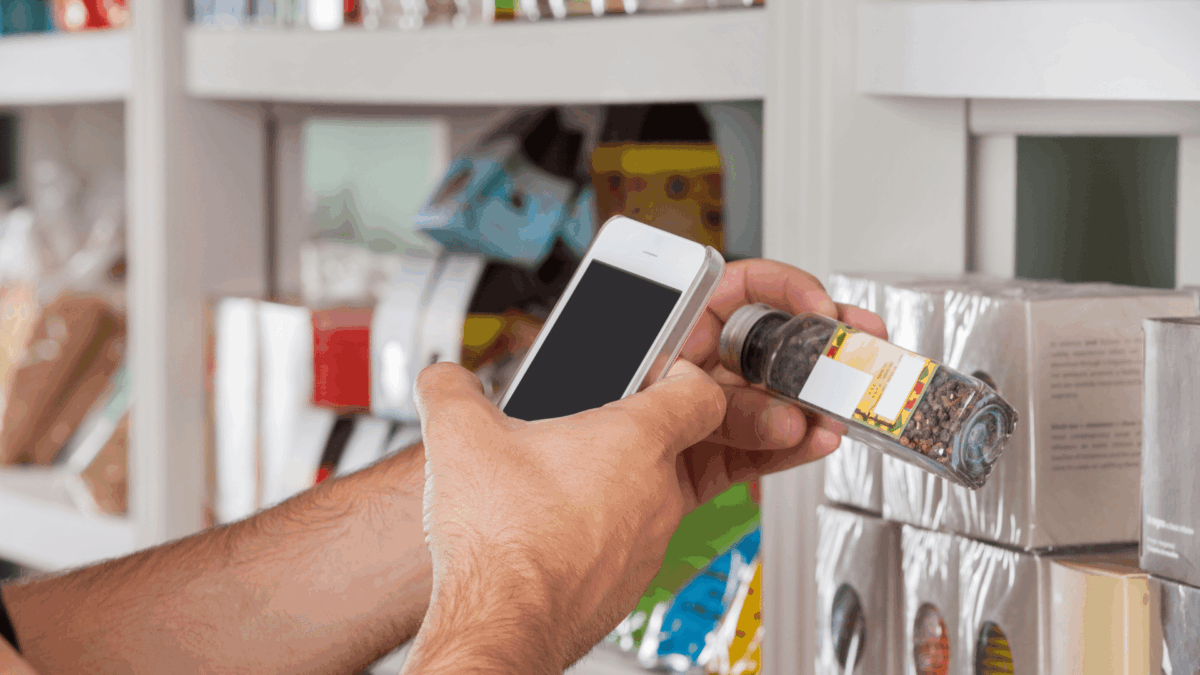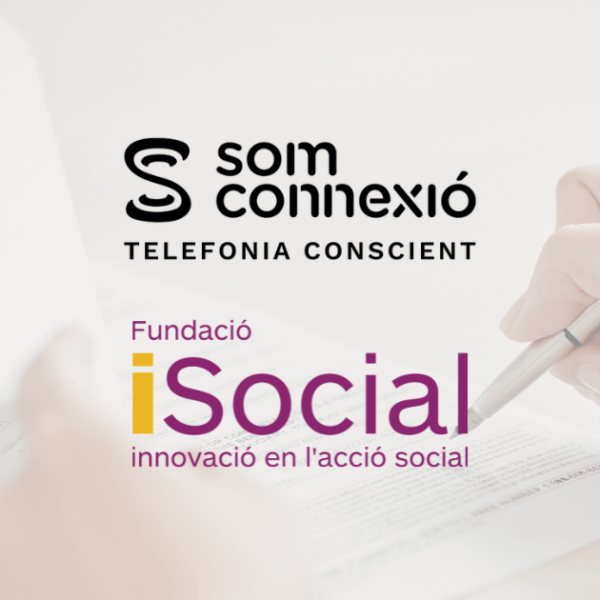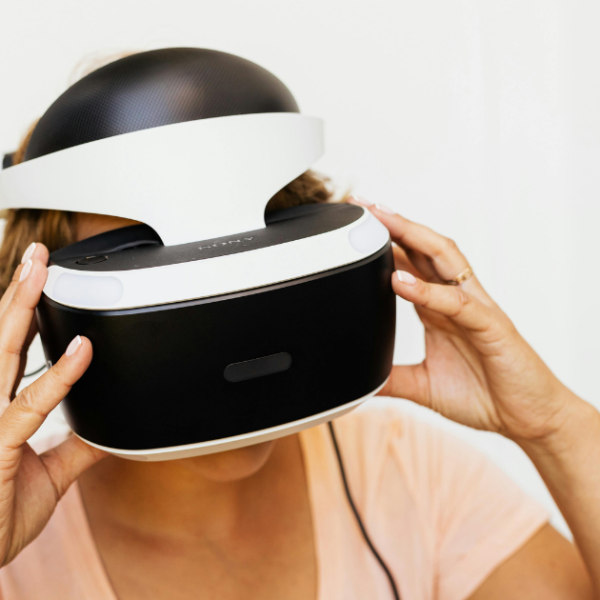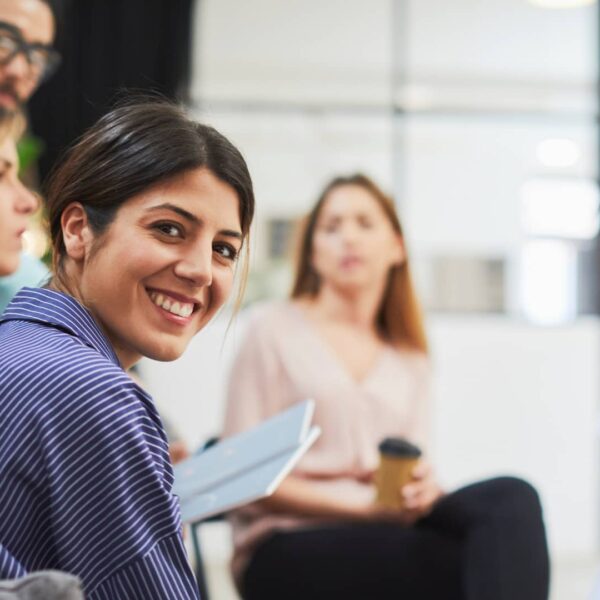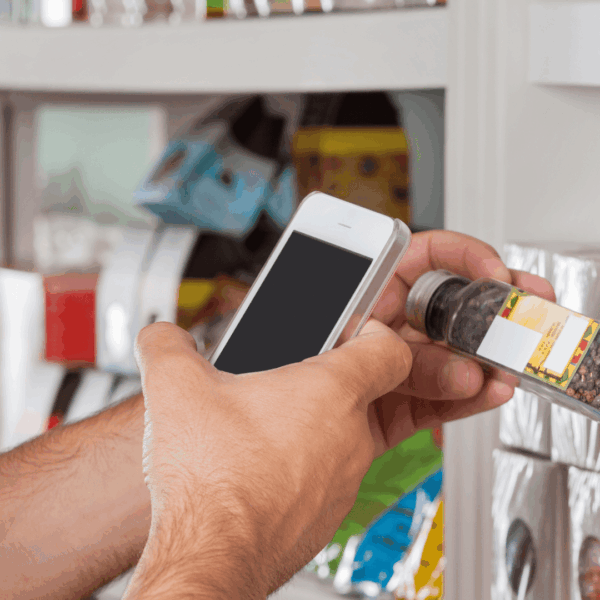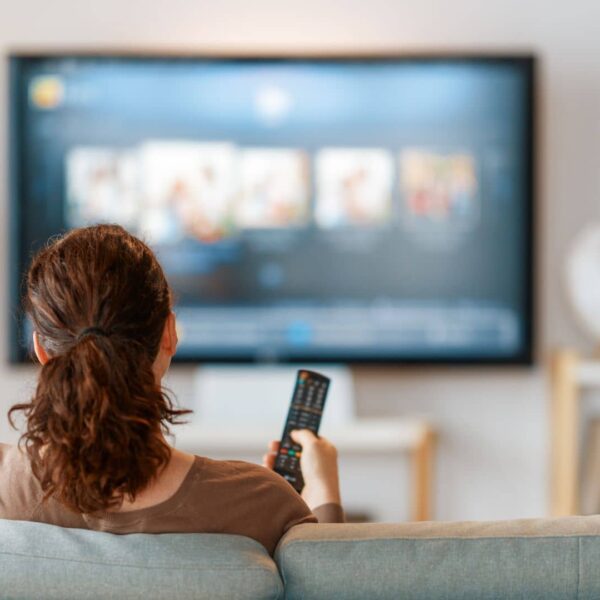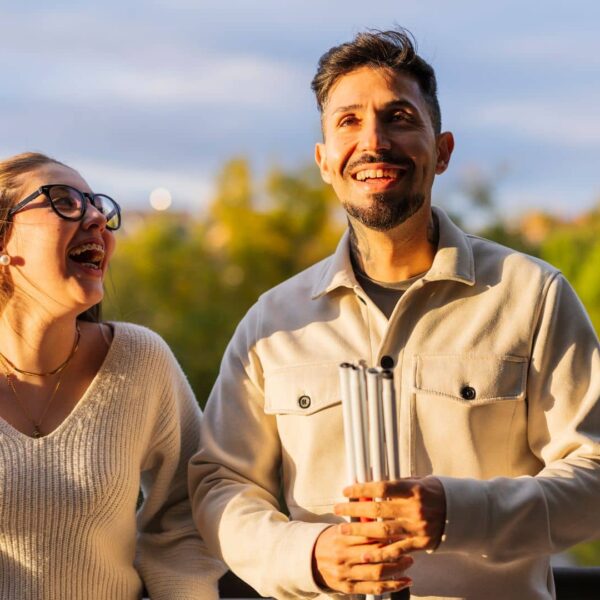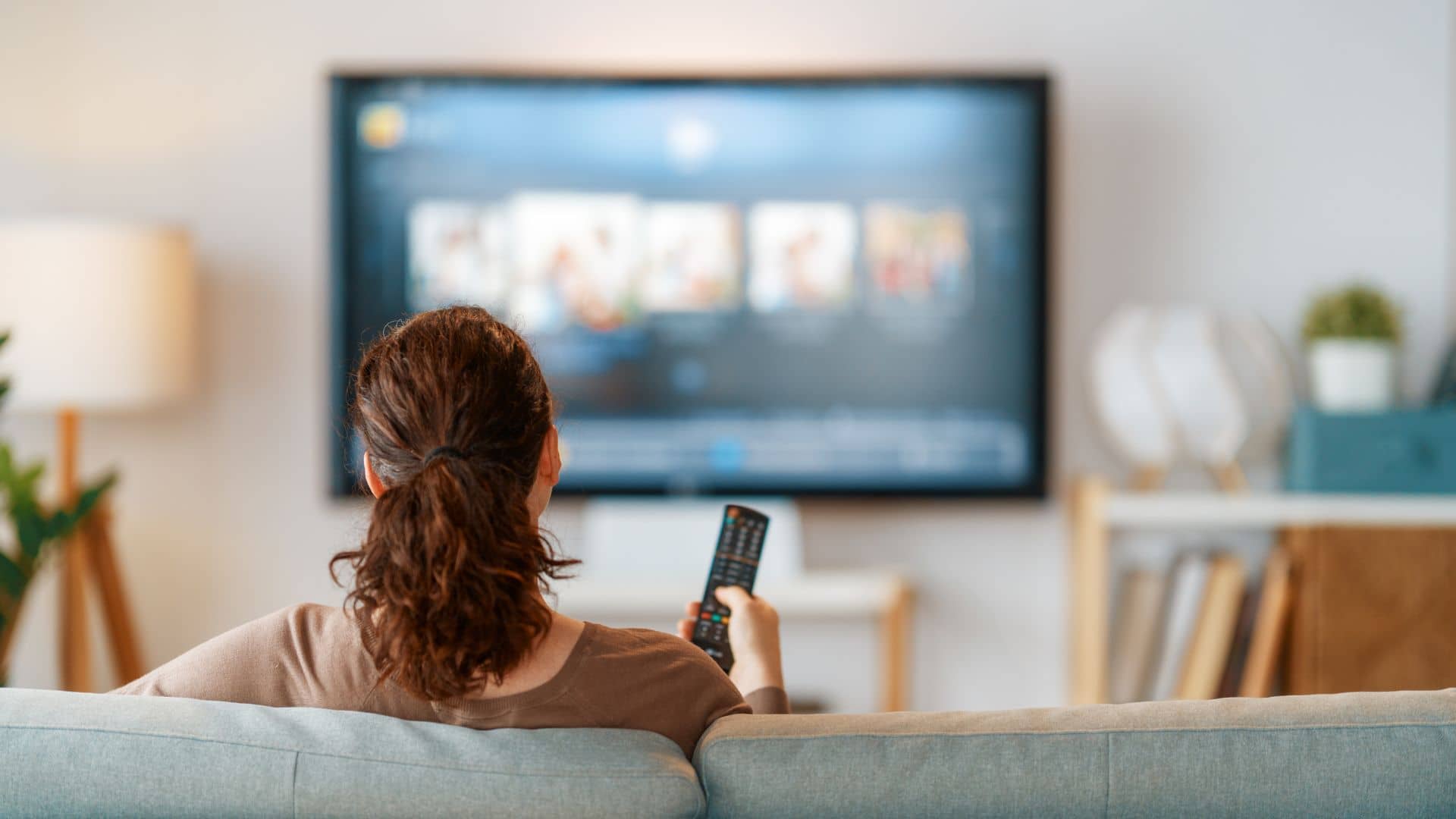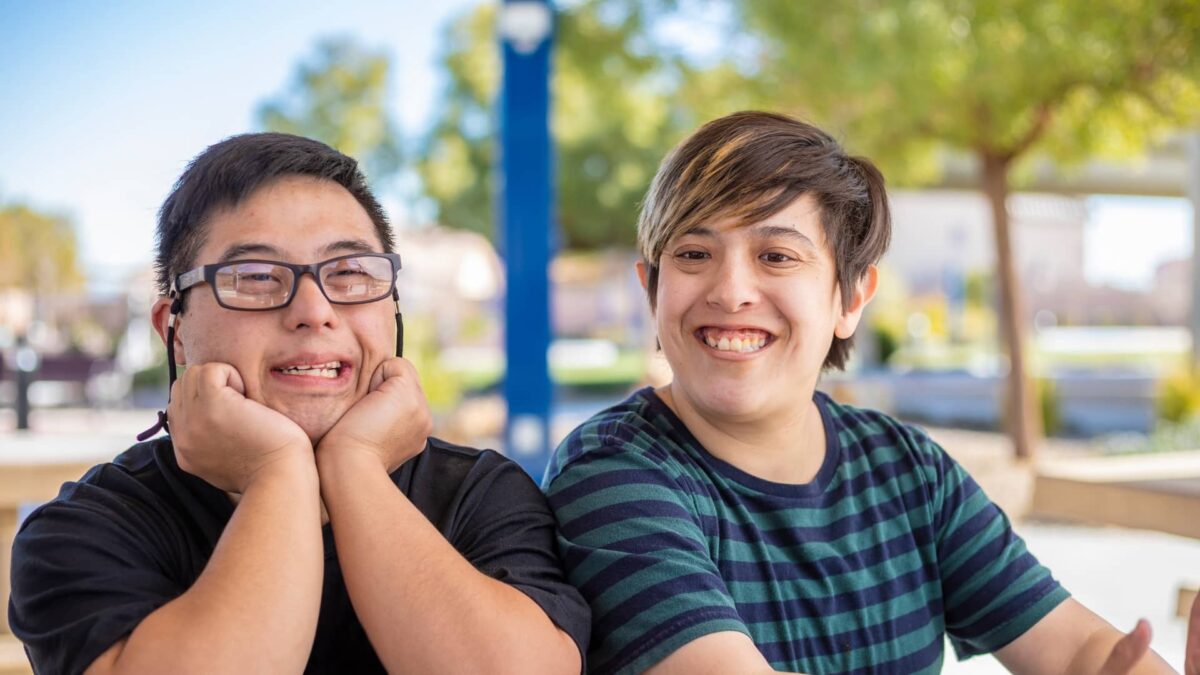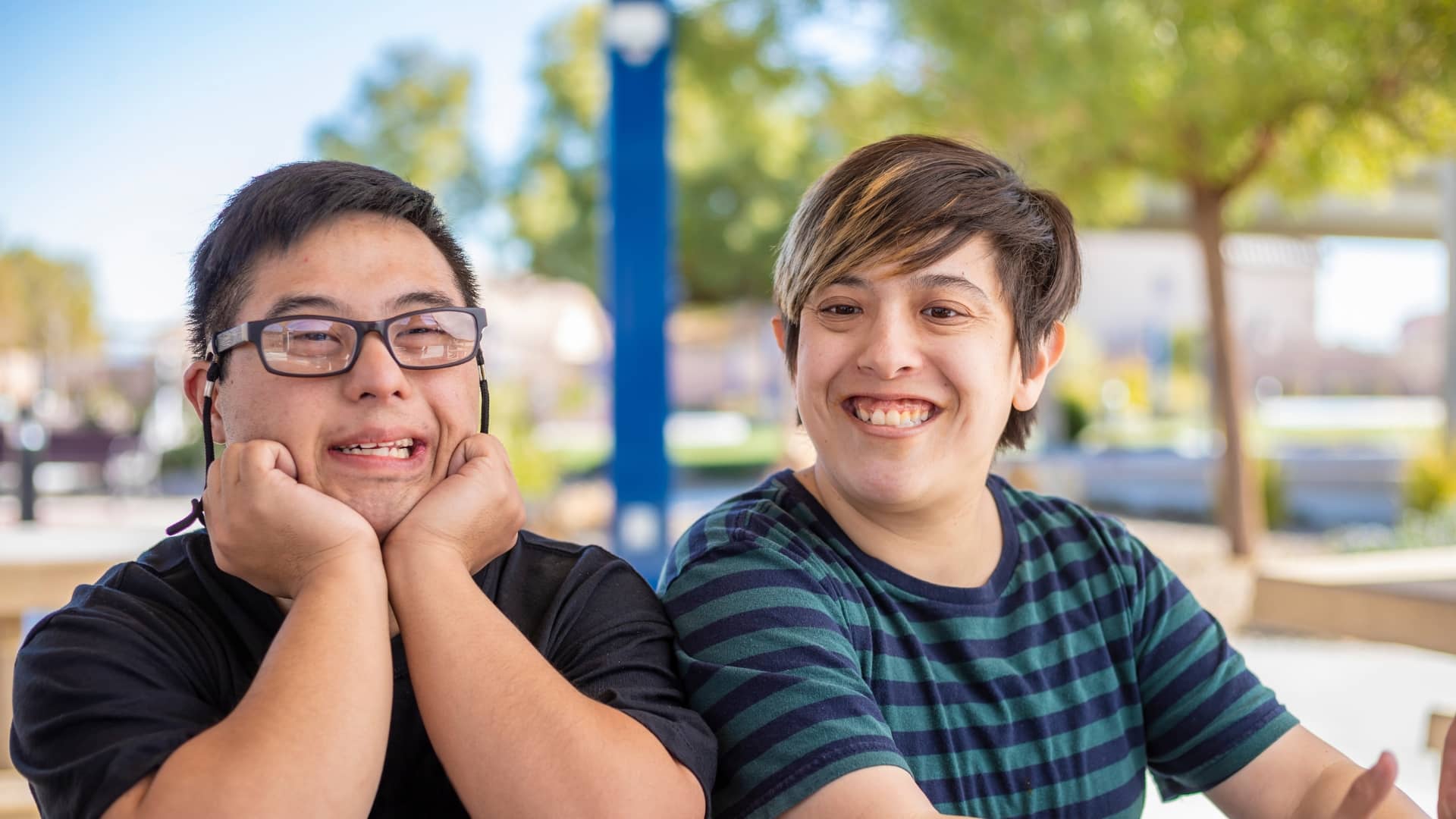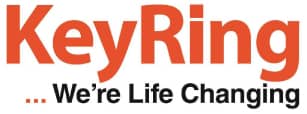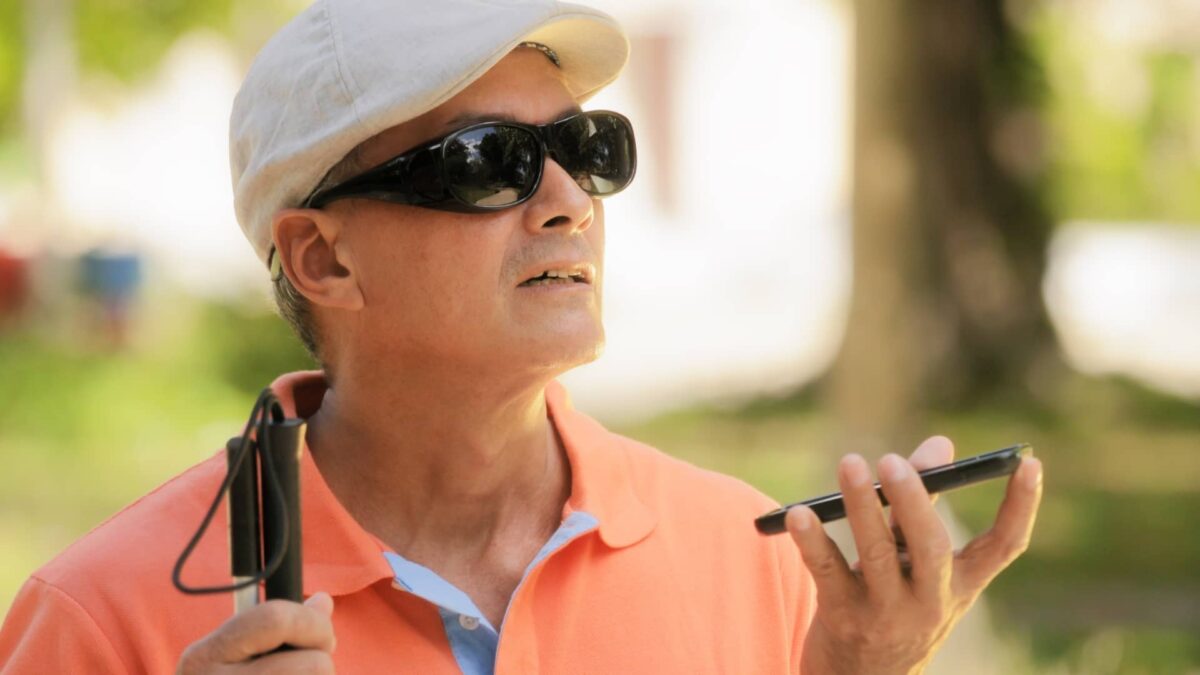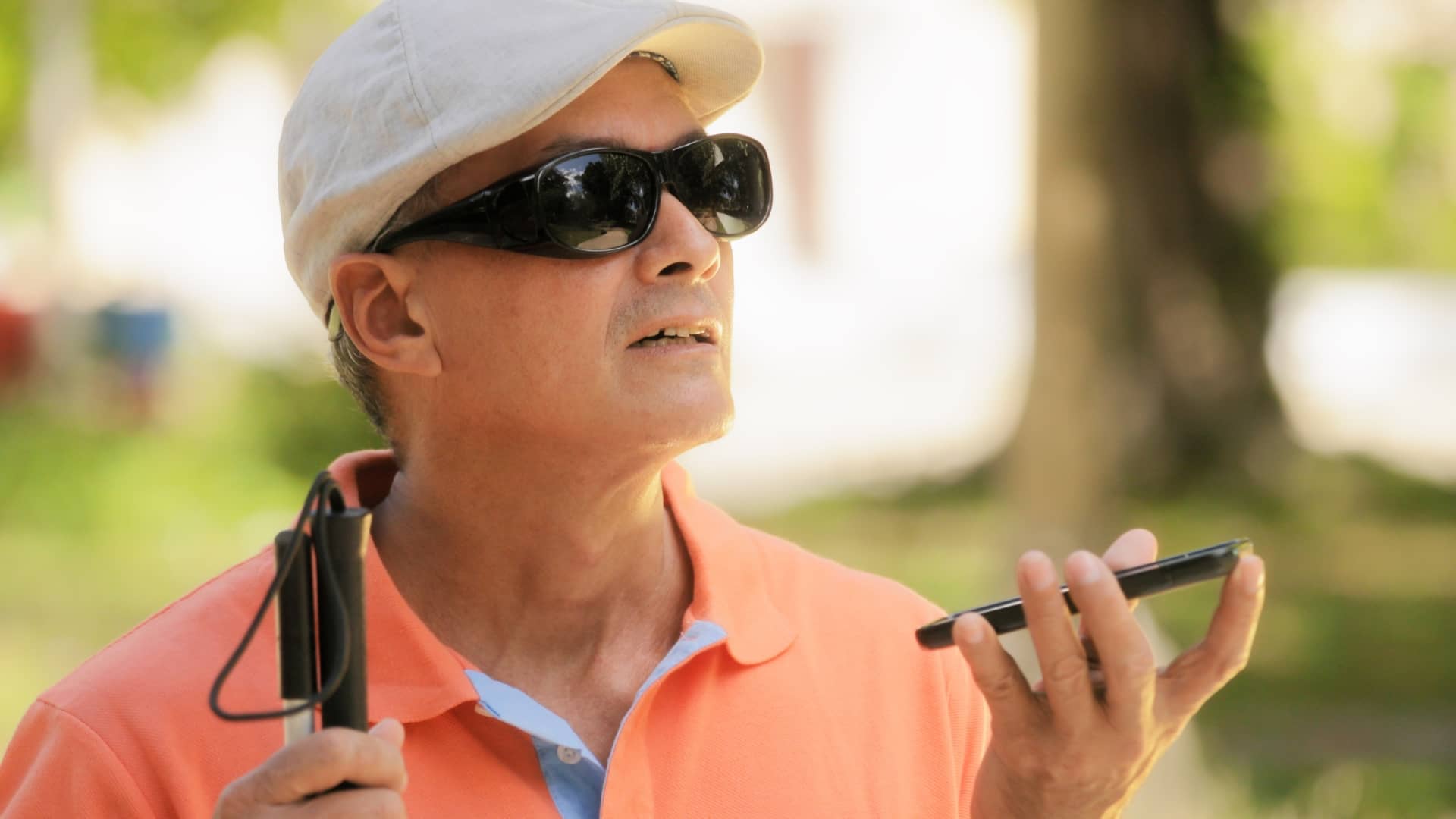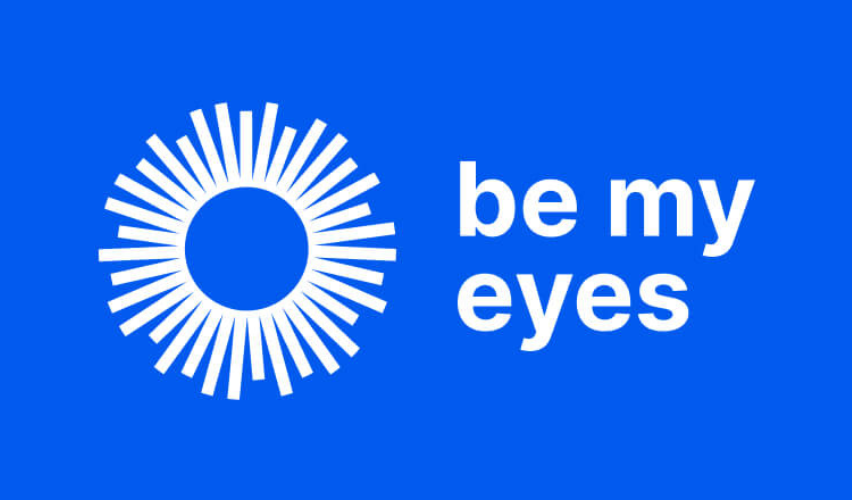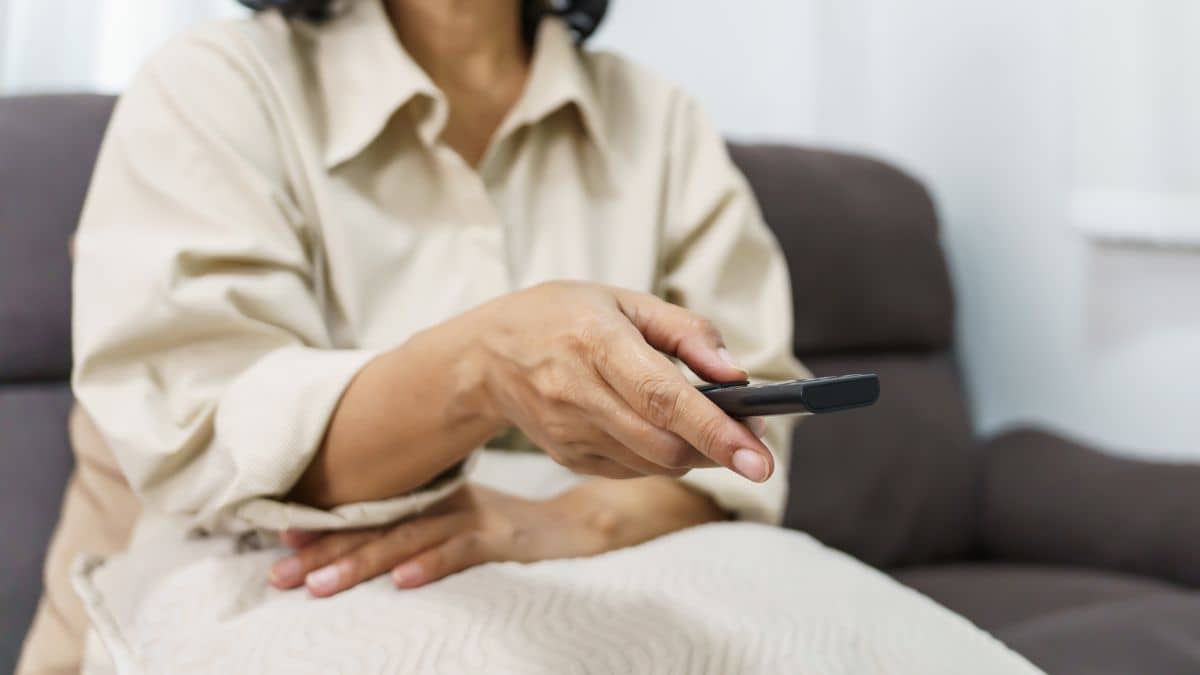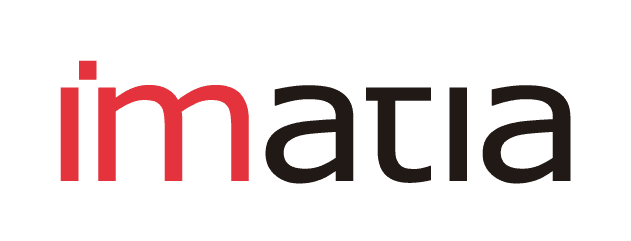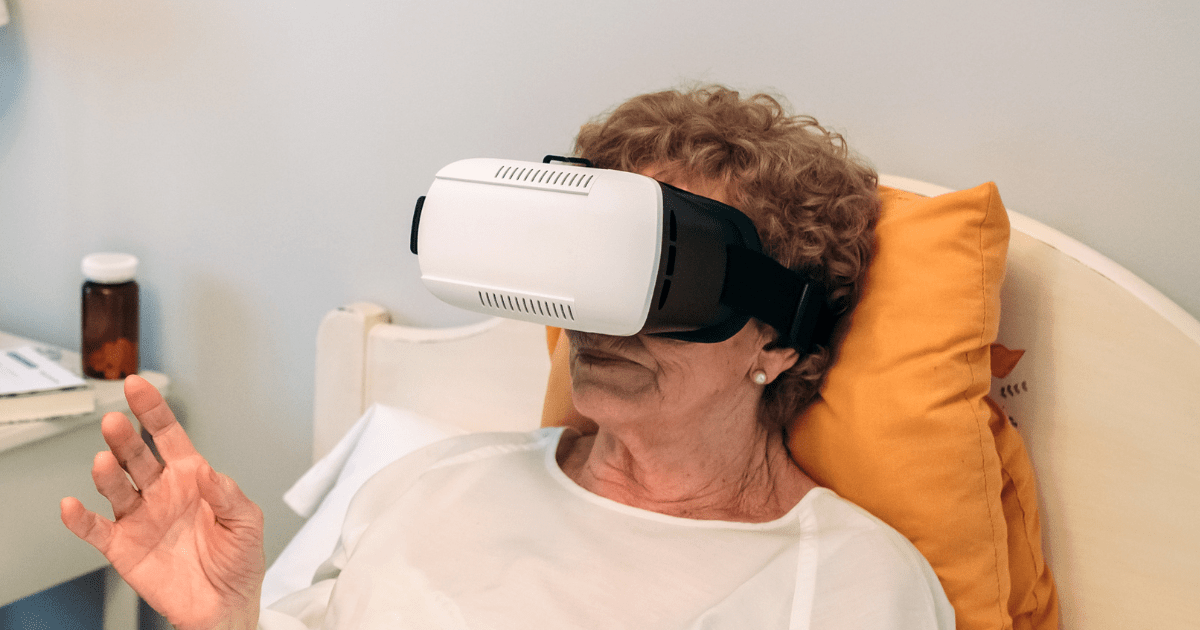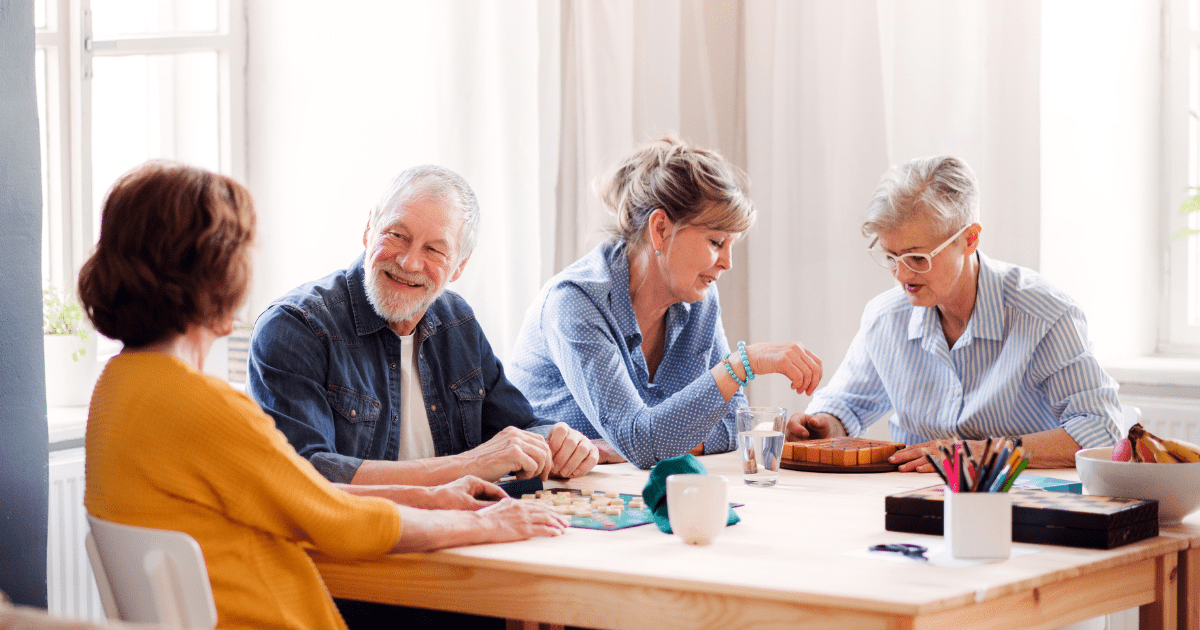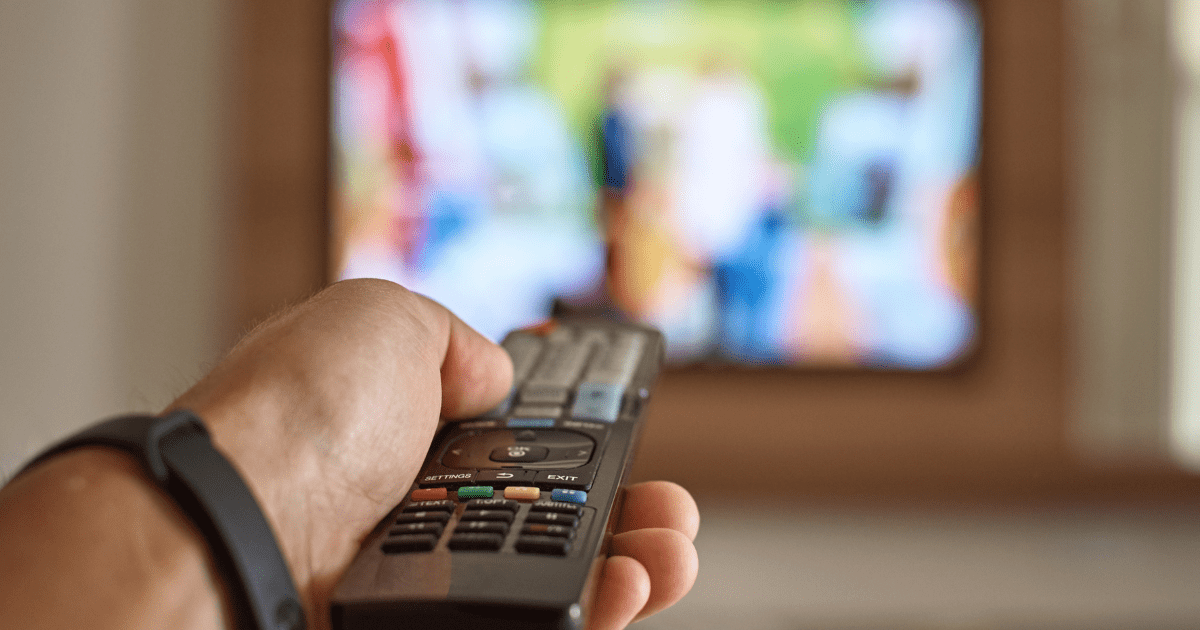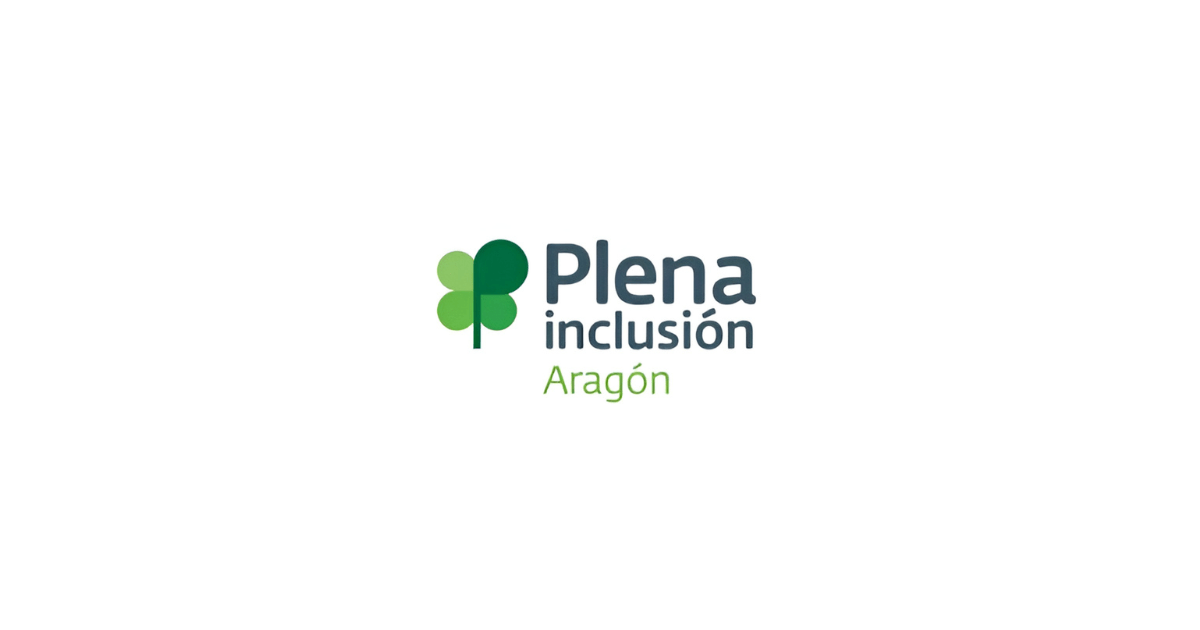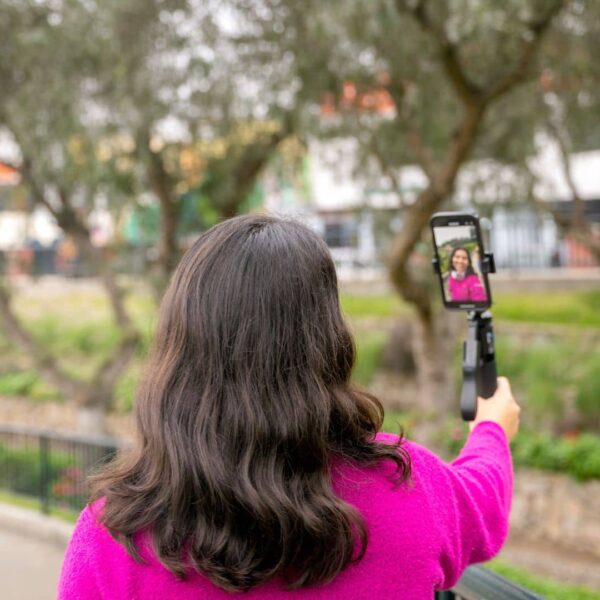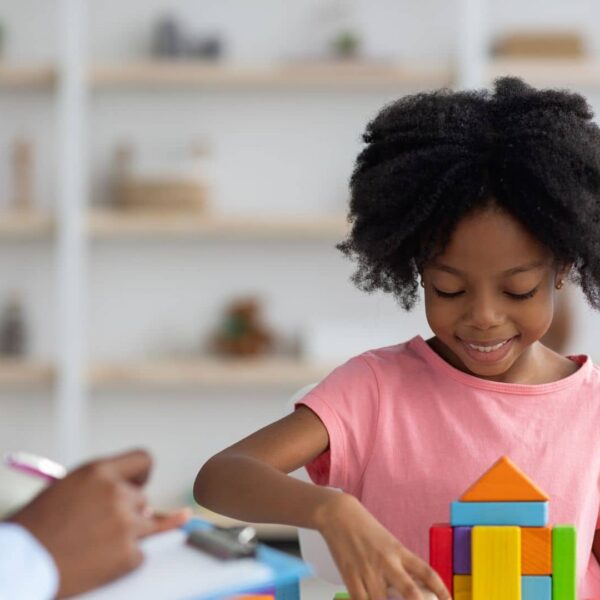Speechlabel, audio labels increasing everyday accessibility
Speechlabel, audio labels increasing everyday accessibility
I AM HABLE
A mobile app with voice-activated object labelling to support blind and visually impaired independence
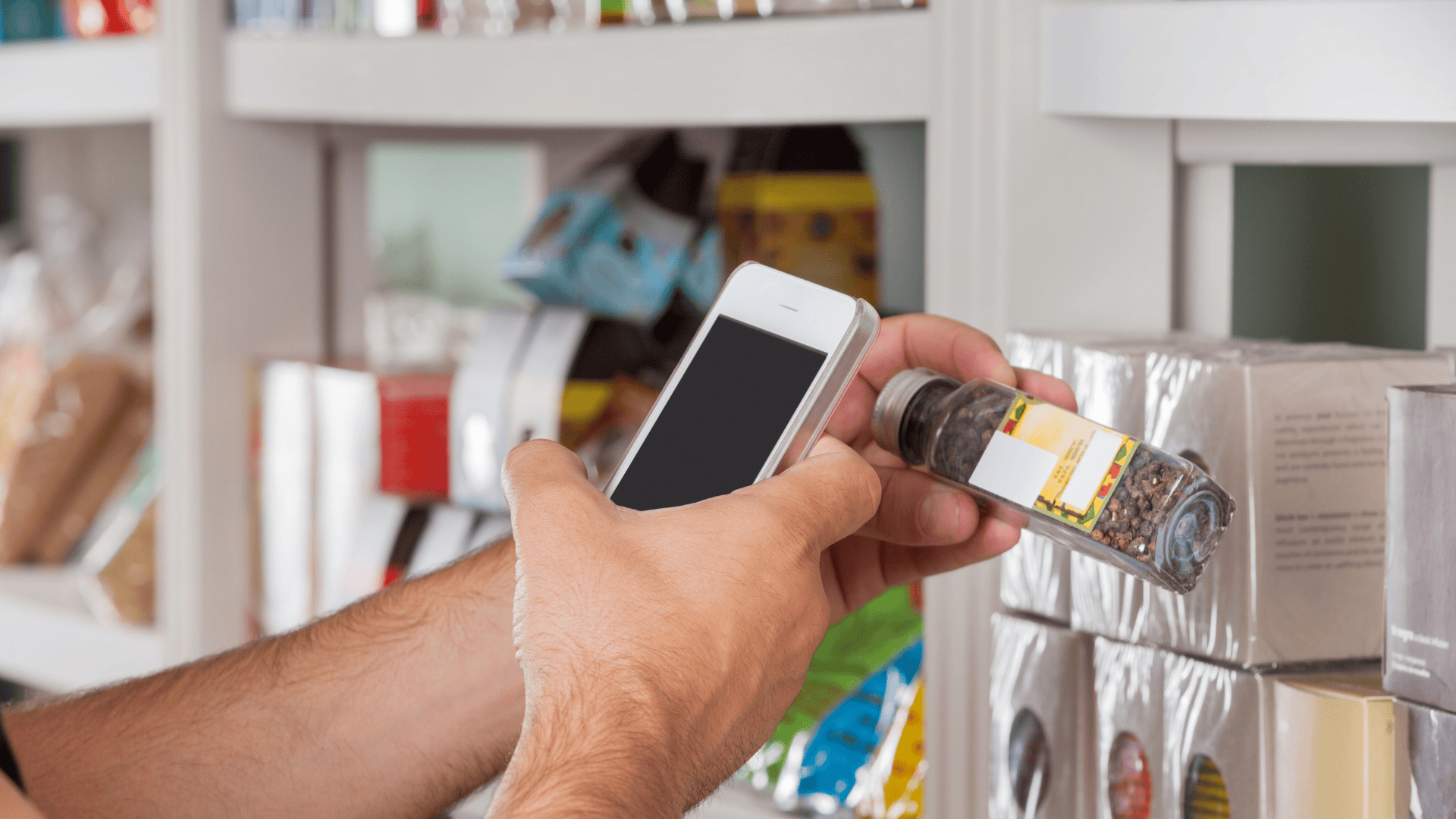
Speechlabel is an assistive technology project designed to help people with visual impairments identify and organise the physical items in their environment using spoken, custom audio labels. Through the associated mobile application, users can create an audio description for objects by recording their own voice or adding text that is then played back when the item is scanned. The system supports scanning through the device’s camera or near-field communication (NFC) capabilities, allowing a smartphone or tablet to instantly read a label and announce its contents aloud to the user. Labels can be attached to common objects such as pantry containers, medication bottles, clothing, documents, appliances, or personal belongings.
The underlying goal of Speechlabel is to enhance orientation and autonomy in everyday household and personal contexts. By having this audio information, the tool reduces reliance on memory, sighted assistance, or guesswork when interacting with objects. Users can create unlimited labels stored in the cloud, and they have the flexibility to re-record and update information as needed. The app’s design intentionally avoids over-dependence on artificial intelligence inference; instead, it emphasises user-generated audio content that precisely reflects the user’s intent and personal organisation system.
Hable acquired the original Speechlabel project and integrated it into its accessibility portfolio, extending support, interface improvements and broader availability beyond its initial local reach.
Characteristics of innovation
Location
Netherlands
Partners / Founders
Genesis
Speechlabel began as an independent project developed by a passionate accessibility advocate in close collaboration with blind and low-vision users, aiming to create a simple, practical tool for labelling and identifying objects in daily life. Hable subsequently took over and improved the product, bringing it into a broader accessibility portfolio with enhanced user support and global reach.
Level of implementation
As of 2025, the Speechlabel app has been relaunched with improved technical infrastructure, cloud storage and new durable label products, and is already used by hundreds of blind and visually impaired individuals across Europe. Speechlabel’s availability as a free downloadable app on iOS and Android, combined with regularly updated label products and ongoing interface refinements.
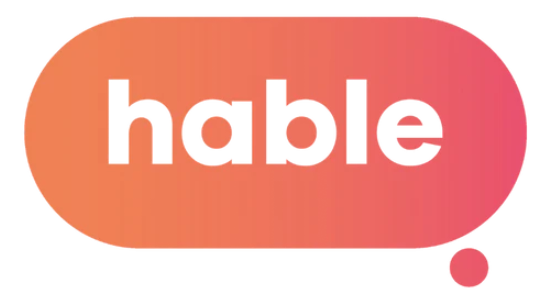
Banc d’innovacions

